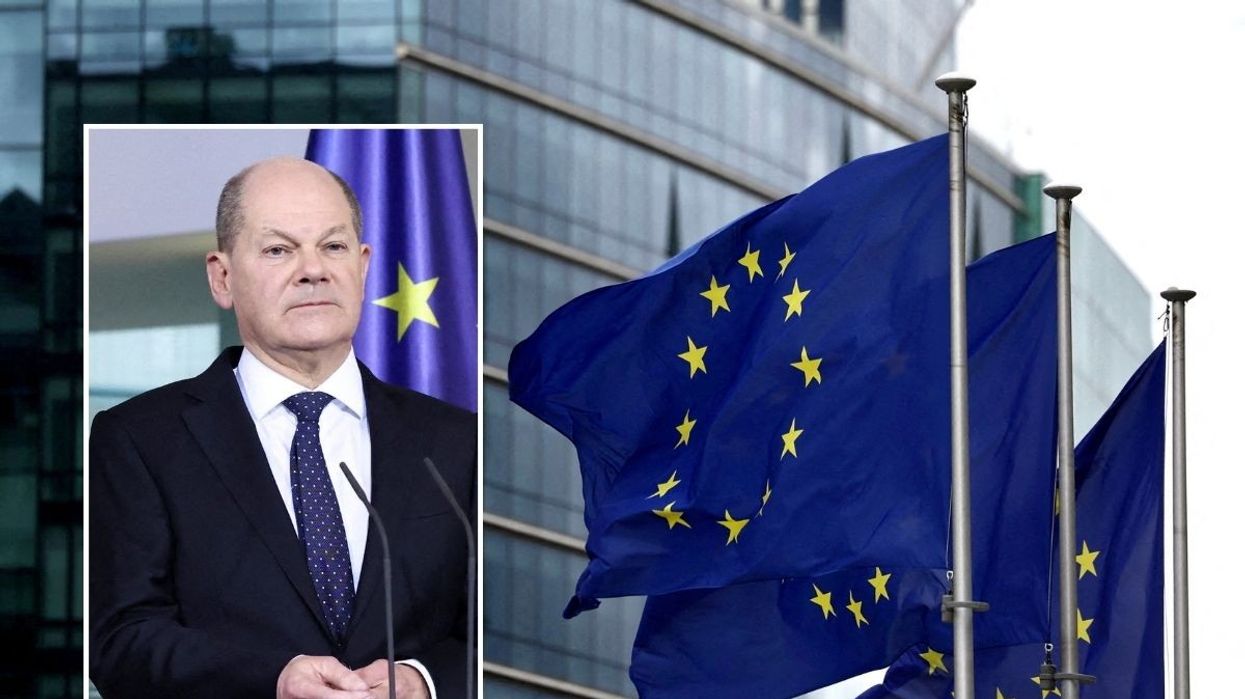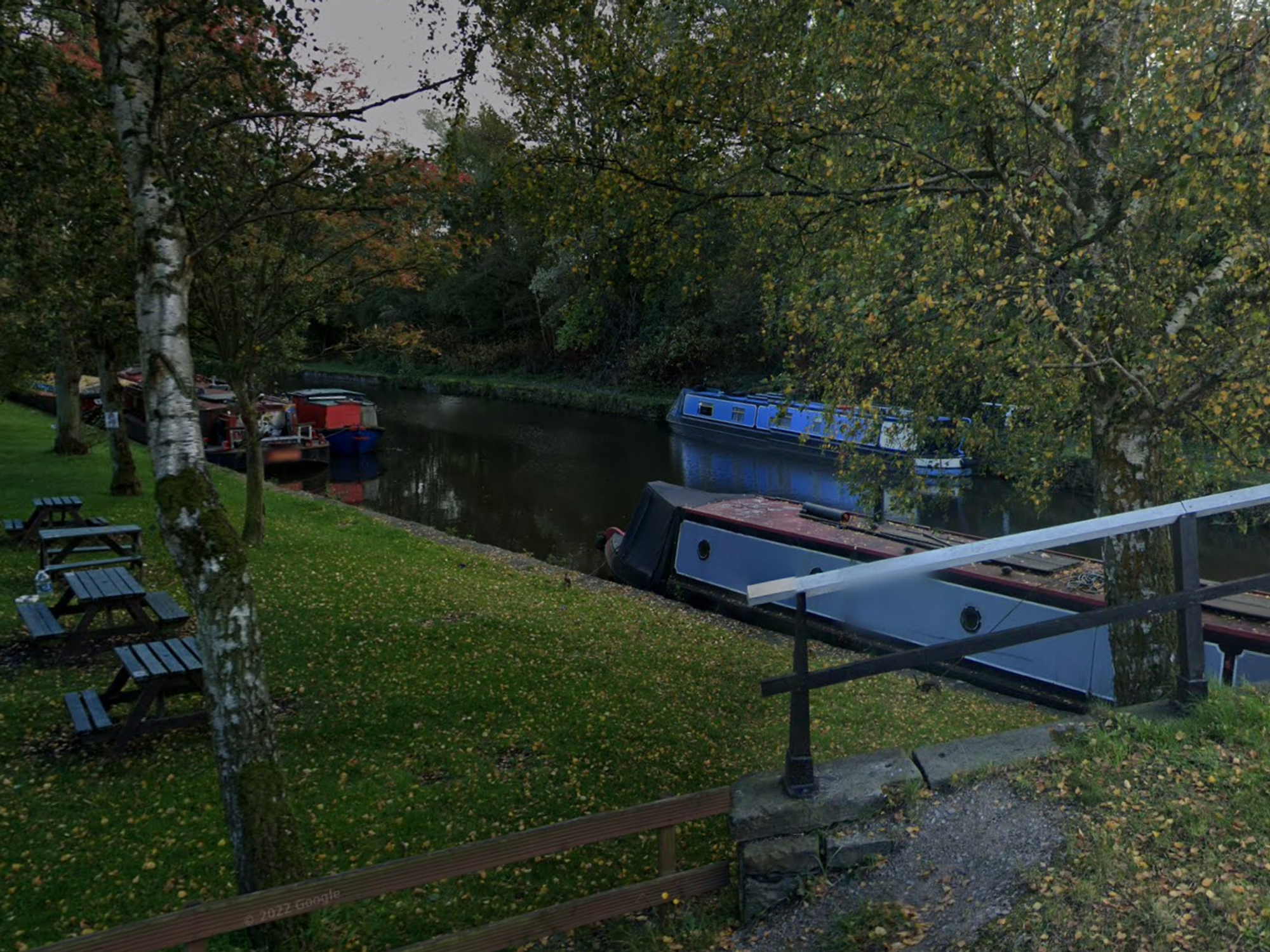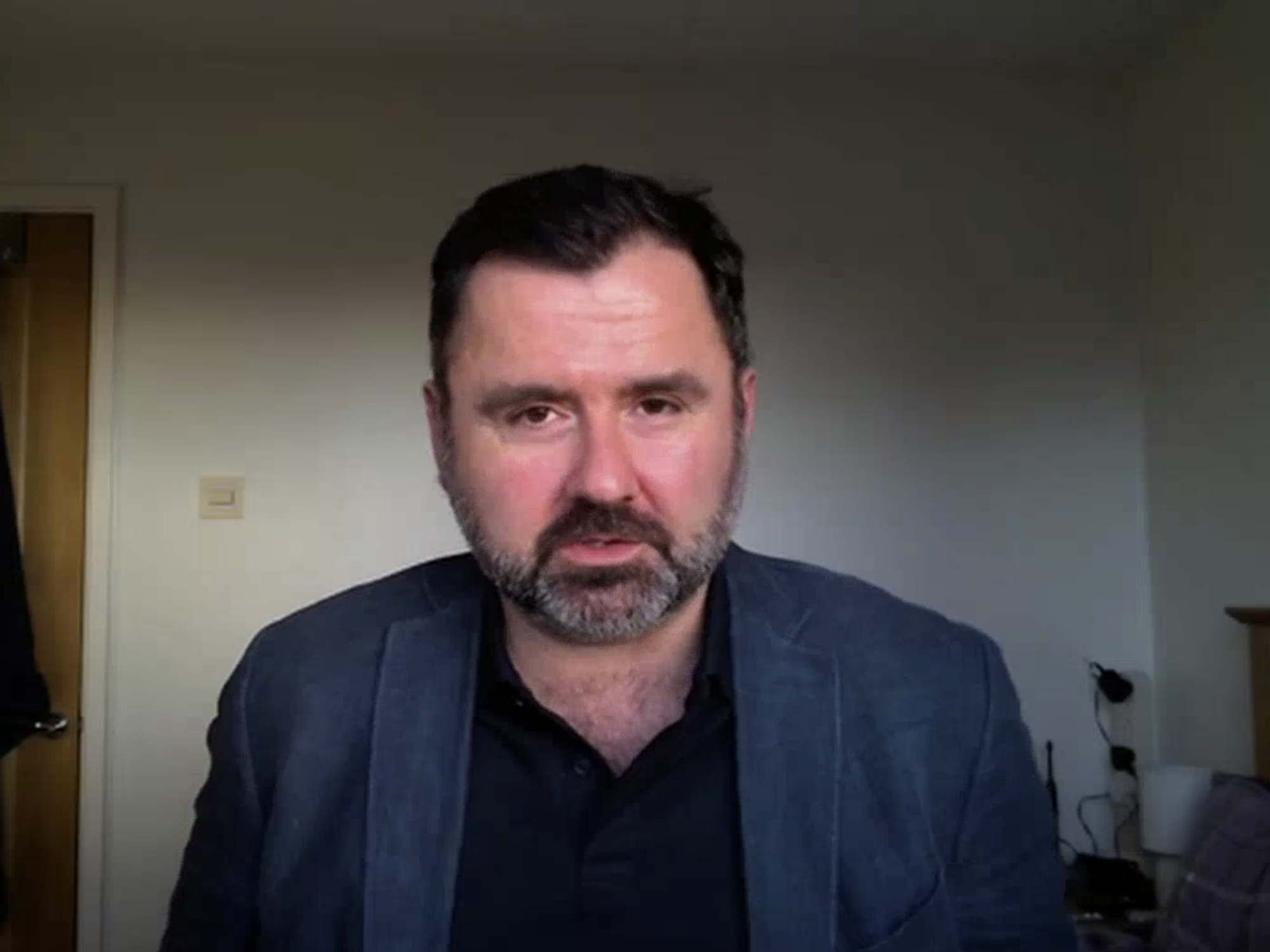Germany just held a dramatic referendum vote...and it underlines Europe's monumental shift

Germany's political shift reflects what is currently going on across the European Union
|REUTERS

Germany is the latest European country to see a dramatic vote play out, as GB News Community Editor Michael Heaver explains.
Don't Miss
Most Read
Latest
It isn't just the Netherlands that has recently seen a dramatic vote held. So has Germany.
Whereas Dutch voters shocked Europe at a General Election, with Geert Wilders emerging victorious, the German vote was merely an internal party referendum.
But it still revealed a shifting dynamic in European politics.
Germany is currently ruled by a three-party coalition: the SPD social democrats including German Chancellor Olaf Scholz, the German Greens and liberal Free Democratic Party.
What is remarkable is that none of these three parties are currently amongst the two most popular in Germany.
Instead they rank third, fourth and fifth respectively. In other words, the two most popular parties in Germany right now are opposition parties, underlining the declining popularity of Germany's governing coalition.
This was clearly illustrated in the latest ANSA poll conducted in late December. It showed, as has been the consistent trend, the CDU/CSU conservatives leading on 32 per cent.
In second place are the AFD on 23 per cent, a party that has described the European Union as a 'failed project'.
The party has recently had some local election success, breaking through with a recent Mayoral election victory in Pirna, a town in Saxony.
This has clearly alarmed the German establishment and the unpopularity of the government led to one of the governing parties hitting the panic button.
A junior coalition partner, the FDP, held an internal party referendum to decide whether or not they should continue propping up the current government.
It is little wonder FDP party members are questioning this decision. At Germany's last federal election they scored 11.5 per cent of the vote.
In the latest ANSA poll that I mentioned earlier, they are down to just 5 per cent and facing the very real possibility of a wipeout.
So a non-binding vote of the FDP membership was held, with a result you really couldn't make up.
Supporters resolved to vote in favour of remaining in government - by 52 per cent - 48 per cent.
Had the party's members voted in favour of withdrawing from the government, it may well have led to the coalition's collapse and a subsequent snap election.
Perhaps that prospect, with the party's support having fell so dramatically, is what members feared.
But such a level of division among the party's members, along with the dramatically shifting polls, shows that what is currently happening across Europe is also taking place in Germany.
Put simply, parties in favour of stronger borders and a sceptical stance on the EU are gaining ground pretty much everywhere.
Expect to see that reflected the next time Germany votes - as it is likely to be across the continent.










